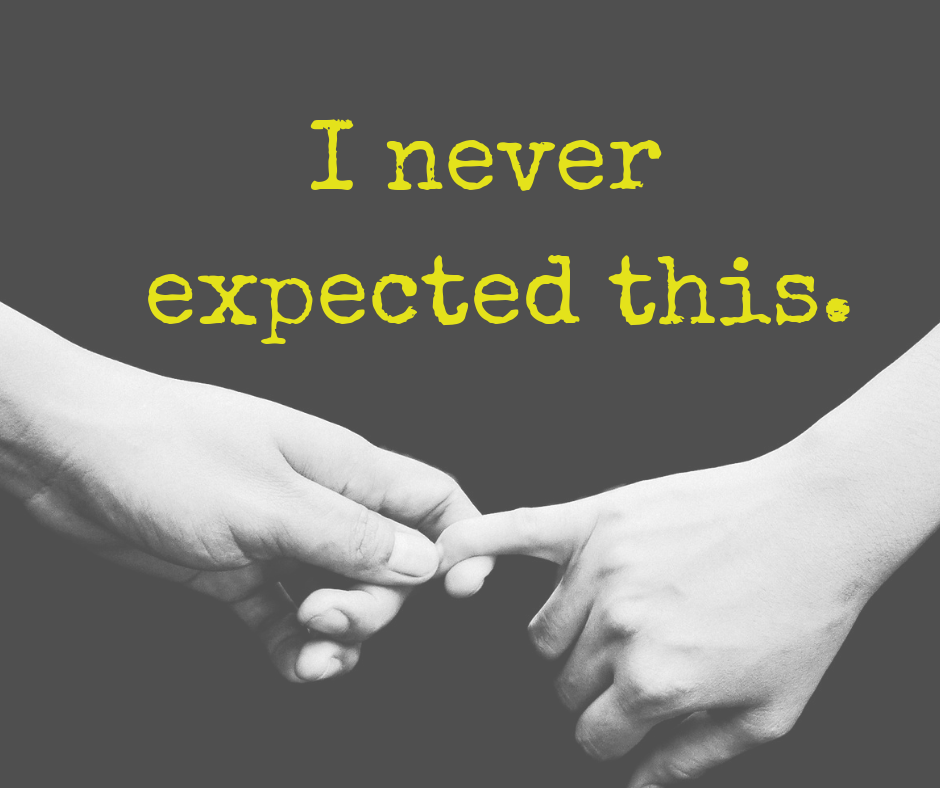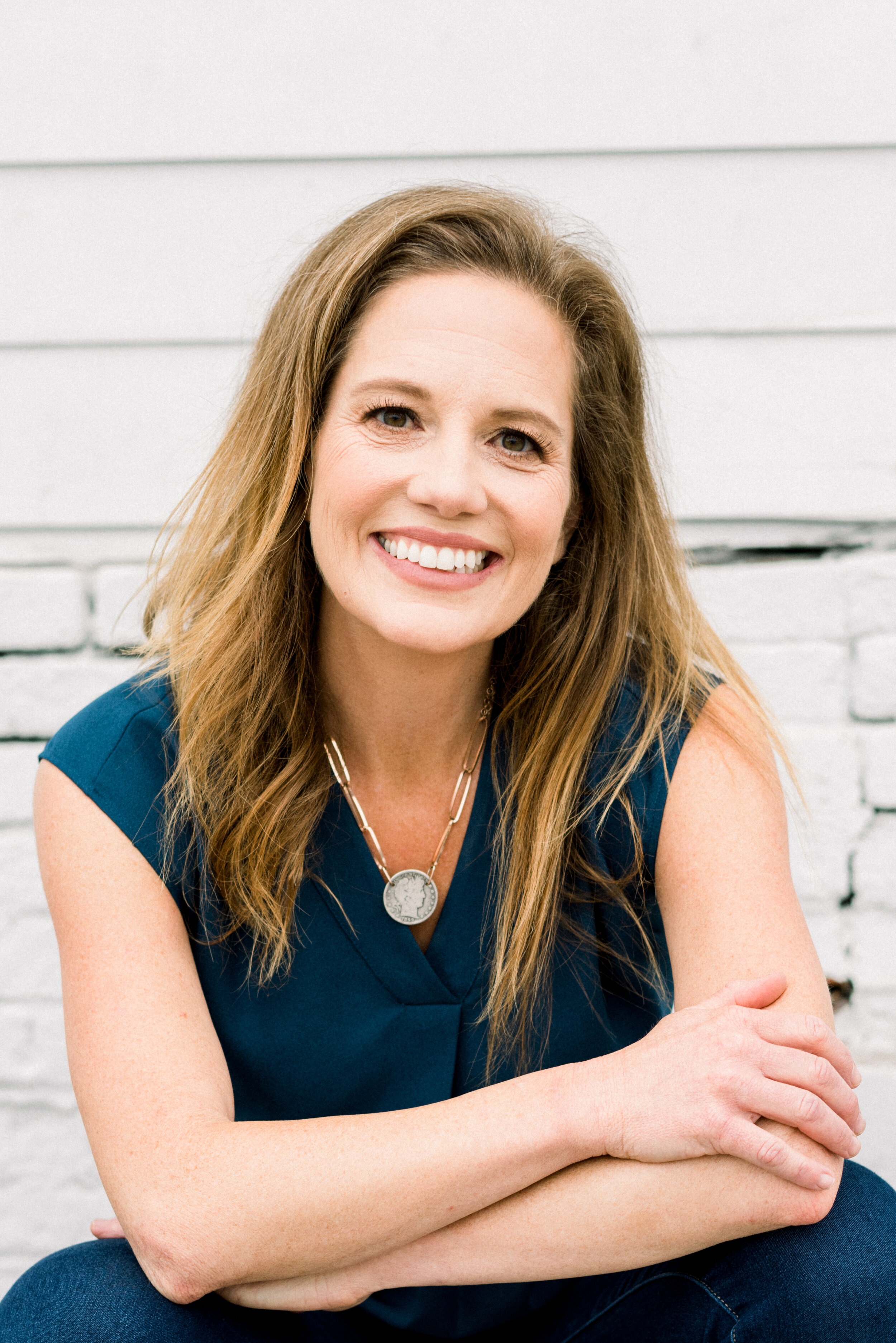As humans, we desperately want to feel seen and understood. Like it or not, we are wired to be relational. When we feel seen, we feel connected in the relationship. Being seen means sharing difficult feelings like sadness, anger and hurt, and also the positive emotions like excitement, play and joy. While emotional intimacy deepens romantic relationships and may be more raw and vulnerable in romantic relationships, it is also meaningful and connective in relationships with friends, family, and kids.
Being seen like this, that emotional intimacy, gives us the sense in relationships that we matter and our feelings are worthy. Thus, we are worthy. Even when the emotional intimacy stems from difficult or painful feelings, it allows us to feel worthy in it as we are seen and understood even in our rawness and vulnerability.
How do I show up in an emotionally intimate way in relationships? The core is resisting the urge to fix, judge, explain or intervene when someone shares how they are feeling. This is true in all relationships, not just romantic ones. Not sure what to do? Try to mirror, validate and empathize. Mirroring means we literally mirror what someone is sharing so that they know we are fully listening. For example, if someone expresses feeling sad and hurt, mirroring looks like this: “you’re really hurt right now.” It is actually that simple. Validating means we tell them that their experience makes sense and is understandable, and we commit ourselves to making this true. It’s important to let go of your own perspective for a moment and try to understand where they are coming from. It helps so much to know that we are not crazy for having the thoughts and feelings that we experience. Empathy is that compassionate experience when we are able to say “yeah, I can see how hard that must be” or with positive feelings, “I can see how excited you are about this.” It feels so much more connective when someone says “that sounds really difficult” than it is when they tell us how grateful we should be and to look at the bright side. Toxic positivity is the opposite of emotionally intimacy. You can’t make someone feel better so don’t try to tell them all of the reason that their pain is wrong — it won’t help them.
How do I get my partner to show up in an emotionally intimate way? This is tough because we can’t control how other people show up in relationships — we can only ask for our needs to be met. And this is harder than it sounds because if you find yourself in relationships with partners who don’t show up in an emotionally intimate way, it may not be entirely accidental. If you grew up in a home where your needs and wants were not always considered, particularly in homes with substance use or chaos, you may feel comfortable with people who dismiss your feelings, even though intellectually, you may know this is not what you want. We sometimes choose partners who can’t meet our emotional needs because it feels familiar.
The core to shifting this dynamic is tolerating the discomfort of checking in with your wants and needs and asking them to be met. Set your partner, friend or loved one up for success by asking them to listen and empathize rather than trying to fix or explain. If your partner is capable of this, you are helping them to show up for you (although it will likely take time and discomfort from them to get it right) by telling them how to do it.
If you tell your partner how to show up for you and discover that your partner is not willing or capable of the emotional intimacy you crave, the next conversation is whether that’s okay with you and if it is not, why do you choose partners who are intimacy avoidant. Intimacy avoidance is often present in relationships with substance use issues or infidelity. People turn to substances to escape difficult feelings rather than express them. The same is true of affairs. If you have a history of intimacy avoidance in relationships, the work for you is figuring out how you end up there so you stop traveling that path.
The subject of emotional intimacy comes up often in my office with clients who find that they keep choosing intimacy avoidant partners despite feeling like they have chosen someone totally different.
It’s an obstacle in marriages when partners feel disconnected and alone in their relationships.
It’s often an impediment to sexual intimacy and impacts our sexual relationship with our partner— when we feel emotionally disconnected, one or both partners may also feel less interested in sexual intimacy. Sexual and emotional intimacy tend to come and go together.
And it’s an issue for clients who realize that they are intimacy avoidant themselves and need to tolerate the discomfort of showing up in an emotionally intimate way in order to level up their relationships and feel connected in the ways that they crave.
If you keep choosing emotionally avoidant partners or struggle with emotional intimacy in your relationships, you likely are struggling with some intimacy avoidance as well. You can’t change other people, but you can always change you— although it requires discomfort, it’s usually worth it. And if you’re going to the place of “that’s just the way I am,” knock it off. We can change the way our brains fire and function when we are willing to tolerate the discomfort that goes along with doing it.













